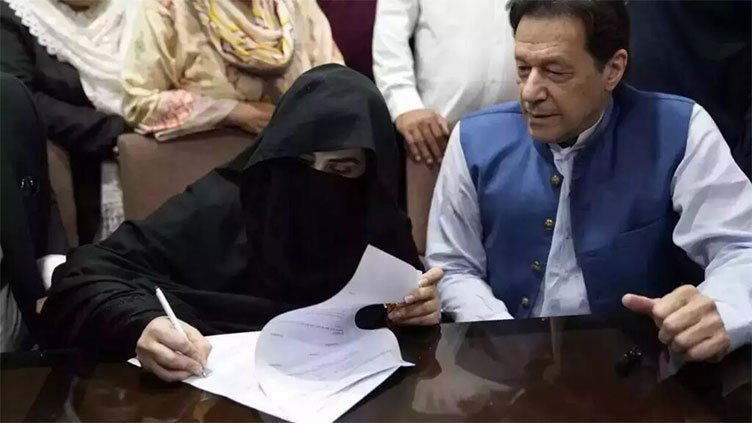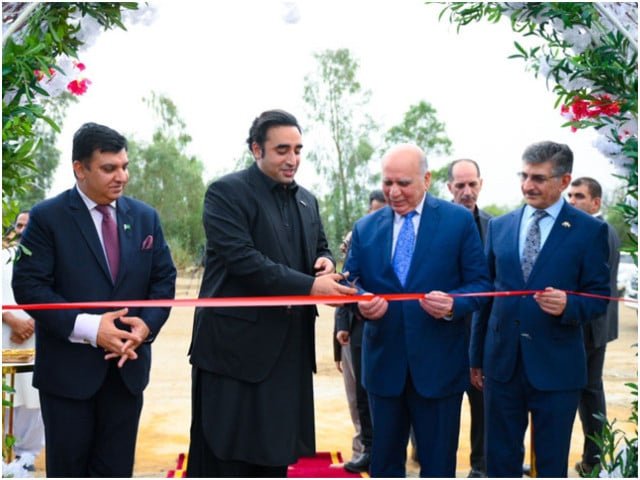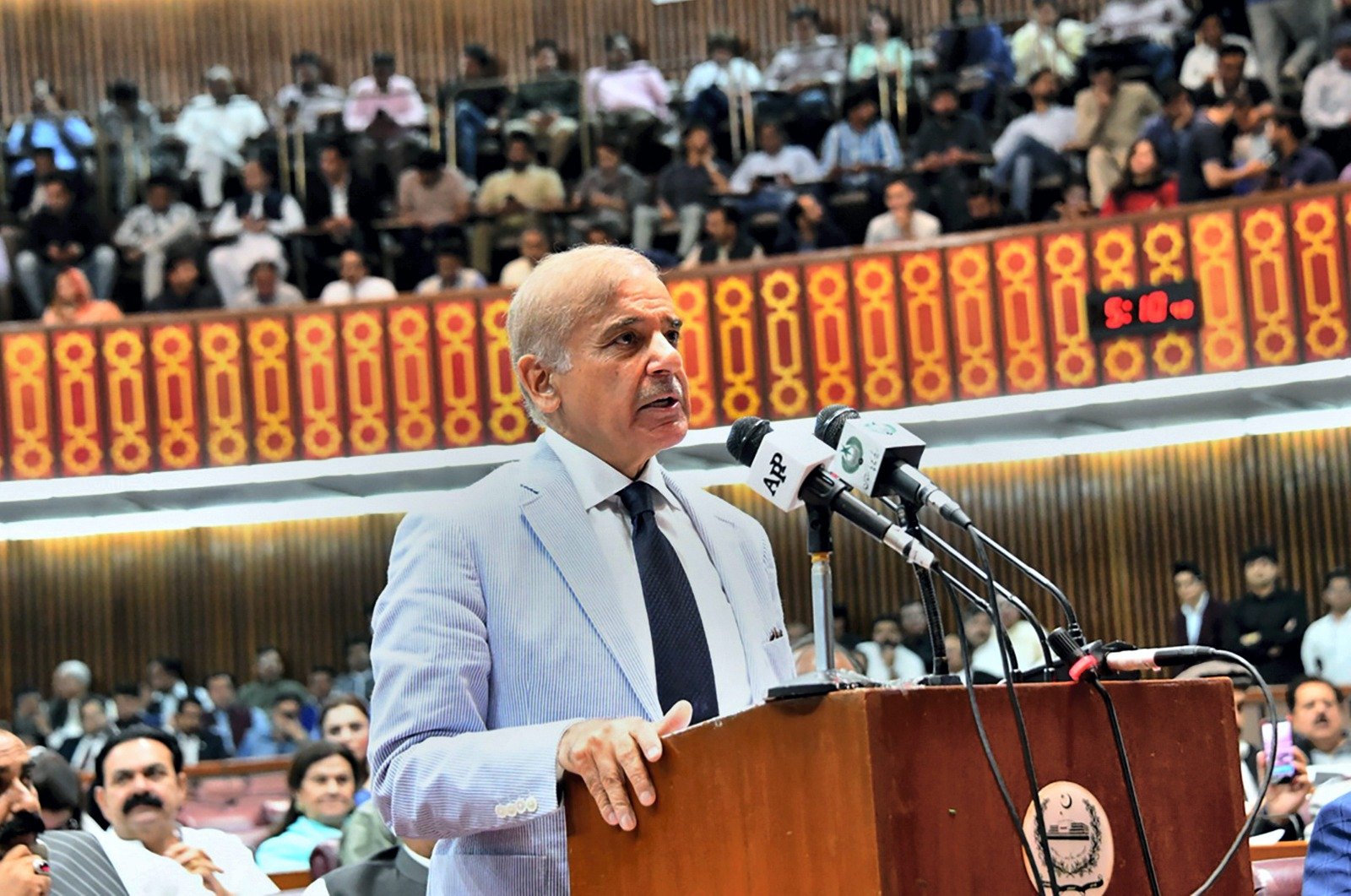Court Rejects Imran Khan and Bushra Bibi’s Pleas in Iddat Case

In a significant legal development, the Islamabad district and sessions court has denied the pleas for the suspension of the sentences handed to Pakistan Tehreek-e-Insaf (PTI) founder Imran Khan and his wife, Bushra Bibi, in the iddat case. The verdict, announced by Additional Sessions Judge Afzal Majoka, deals a blow to the PTI’s hopes for their leader’s release.
Background and Legal Proceedings
The case, which has captured widespread attention, revolves around allegations of fraudulent marriage. The controversy began when a petitioner, Muhammad Hanif, claimed that Bushra Bibi married Imran Khan on January 1, 2018, before her iddat period ended. The iddat is a waiting period that a Muslim woman must observe after her husband’s death or after divorce before she can remarry. Hanif alleged that Bushra’s marriage to Khan violated Sharia and Muslim norms, as her divorce from her former husband, Khawar Maneka, occurred in November 2017, leaving her iddat period incomplete.
Although the initial petition by Hanif was dismissed by the district and sessions court for being inadmissible, Khawar Maneka subsequently filed a formal complaint against the couple. On November 25, 2023, Maneka accused them of engaging in an “un-Islamic marriage,” leading to their indictment on January 16, 2024, under Sections 34, 496, and 496-B of the Pakistan Penal Code. The charges included fraudulent marriage and cohabitation.
Trial and Conviction
After a prolonged trial, including a 14-hour session in Adiala Jail, the trial court concluded its proceedings on February 2, 2024. The following day, both Imran Khan and Bushra Bibi were sentenced to seven years in prison. This decision followed the court’s determination that their nikah (marriage contract) was fraudulent.
The legal representation for Khan and Bushra included prominent lawyers Salman Akram Raja, Salman Safdar, and Usman Gill, who argued for the suspension of the sentence. However, their appeals were opposed by Advocate Zahid Asif, representing Khawar Maneka.
Recent Developments
Today’s decision to reject the pleas for sentence suspension was reserved earlier this week. As it stands, the focus now shifts to the central plea related to the annulment of the couple’s conviction, scheduled for a hearing on July 2.
The court’s ruling underscores the complexities surrounding the legal and religious interpretations in this high-profile case, continuing to pose significant challenges for the former ruling party and its leaders.










